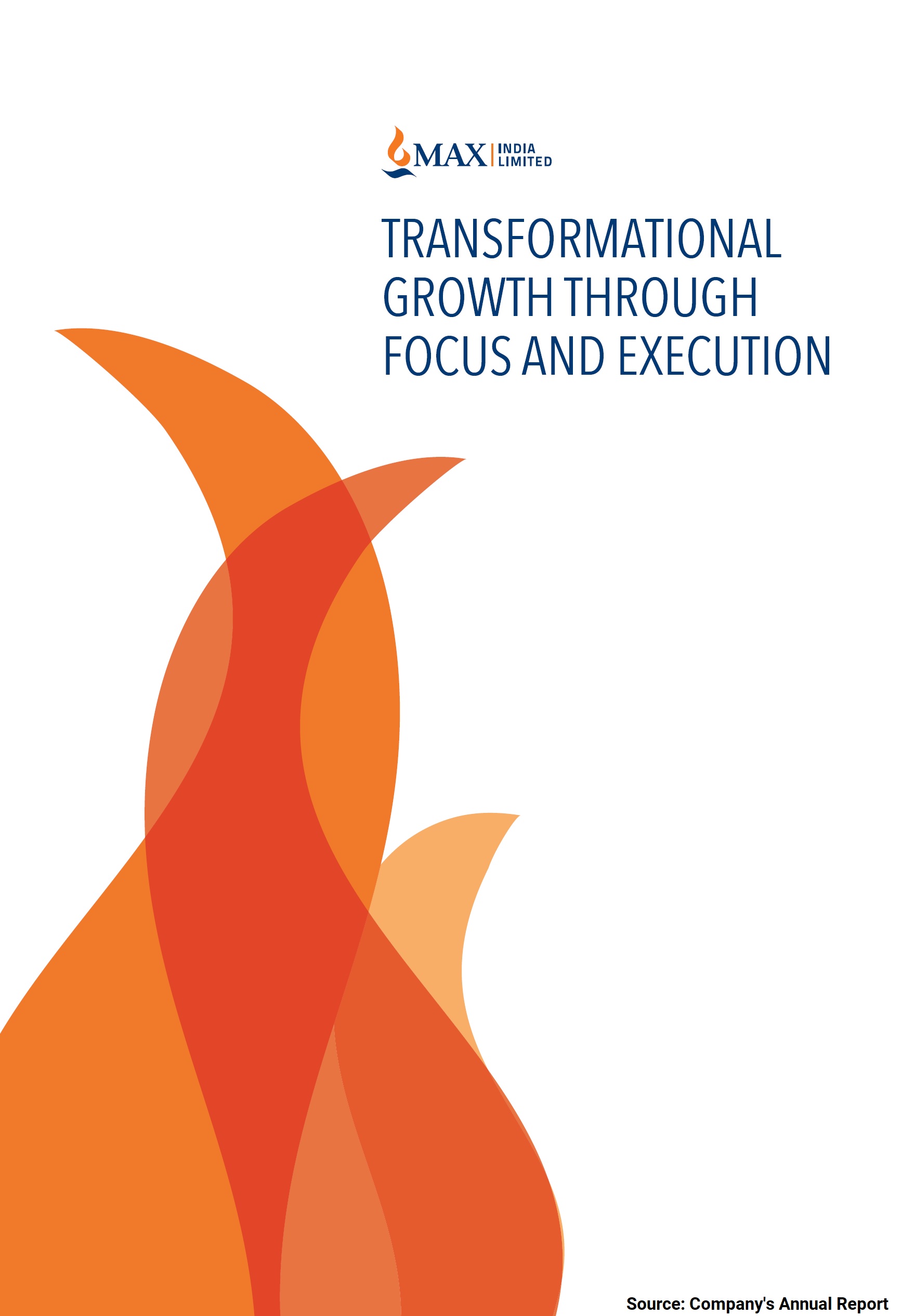Bengaluru/New Delhi: The sale of Uber’s China unit to local rival Didi Chuxing may violate the shareholder agreement the Chinese company signed with Ola, India’s largest cab-hailing service, according to official documents.
Last week, Uber Technologies Inc., the world’s most valuable start-up, said it would merge its China unit with Didi Chuxing in a deal that values the merged entity at $35 billion, according to reports in Bloomberg and other news outlets. Uber became the largest shareholder in Didi, with a 20% stake. In turn, Didi received Uber shares for a $1 billion investment, the reports said.
Didi (Cheering Venture Global Ltd) invested Rs.64 crore in Ola (ANI Technologies Pvt. Ltd) last October as part of a bigger $500 million funding round, according to documents filed with the Registrar of Companies (RoC). Thanks to its investment in Didi, Uber now also owns part of Ola. Indeed, because Didi pursued a strategy led by investments, Uber now finds itself with stakes in US rival Lyft as well as Singapore cab company Grab.
ALSO READ | Ola gets $500 million fresh investment for battle with Uber
Apart from putting up cash, Didi also signed a non-compete agreement with Ola, the documents show.
As long as Didi owns shares in Ola, or for a period of two years after it sells its shares in Ola, Didi must not link up with any business that competes with Ola, the documents show.
According to the document, Didi, for the time period specified, “shall not engage in, directly or indirectly, through an affiliate or a partnership or as a shareholder, joint venture partner, collaborator, consultant, advisor, principal contractor or sub-contractor, director, trustee, committee member, office bearer or agent or in any other manner whatsoever…” in any business that competes with Ola.
The document identifies Uber, Meru Cabs, MakeMyTrip and Goibibo as direct competitors of Ola.
It’s not clear if Ola and Didi plan to restate their agreement or if Ola plans to act against Didi. Ola and Didi didn’t respond to emails seeking comment.
The Uber China-Didi merger shocked the start-up world. The two companies were locked in one of the most expensive market share battles in recent times. Yet, analysts said Didi with its strong local connections, access to large capital and deep local knowledge was always the likely winner to retain its dominance of the market. Uber accepted this eventually after burning through more than a $1 billion on luring Chinese customers and drivers to its platform. It still managed to strike what is seen as a sweet deal: become Didi’s largest shareholder, significantly cut its biggest area of expense and clear the path to a potential initial public offering.
But the deal, which could also attract the attention of the US anti-trust regulator, has created a complicated scenario for Ola.
Apart from Didi, three of Ola’s four largest investors, SoftBank Group, Tiger Global Management and DST Global, now have significant exposure to Uber. (Tiger Global picked up a stake in Uber last year).
ALSO READ | Tiger Global, top Ola investor, picks up stake in Uber
For Ola, which is in the midst of raising its next round of funds, this multiplies the damage from the Uber-Didi deal.
It must now deal with the conflict of interest its top investors face along with managing any potential impact on its fund-raising efforts.
To be sure, Ola is hardly the only Internet start-up which has faced such a situation.
Hyperlocal firms Grofers and Peppertap (which later shut down its hyperlocal operations) and doctor discovery platforms Practo and 1mg share Sequoia Capital as a key common investor. Nexus Venture Partners is an investor in both Snapdeal and Shopclues. Tiger Global, too, is the largest investor in both Flipkart and Shopclues.
Most venture capital firms get around the problem by having separate teams, and so-called Chinese walls around them.
But given the sheer amount at stake, the Ola-Uber situation dwarfs other such conflicts.
There’s a key clause that allows start-up investors to put money in rival companies, called “Disclaimer of Corporate Opportunity Doctrine”. This clause frees up venture capital firms and strategic investors to identify and invest in rival start-ups.
Ola, too, has such a clause that allows SoftBank, Tiger, and DST to invest in competing start-ups, the documents cited above show.
Its non-compete agreement with Didi, however, doesn’t seem subject to this clause, the documents show.
The most practical recourse now for Ola may be to restrict the financial information it shares with Didi and force other conflicted investors to have separate teams and build Chinese walls.
“Ola’s AoA (Articles of Association) seem to indicate that the terms have been breached. Ola could well be in the position to pursue action against Didi. But the action (it can take) will finally depend on the ultimate SHA (shareholder agreement) signed between the parties,” said a senior executive at a law firm, requesting anonymity.
Source: Mint



